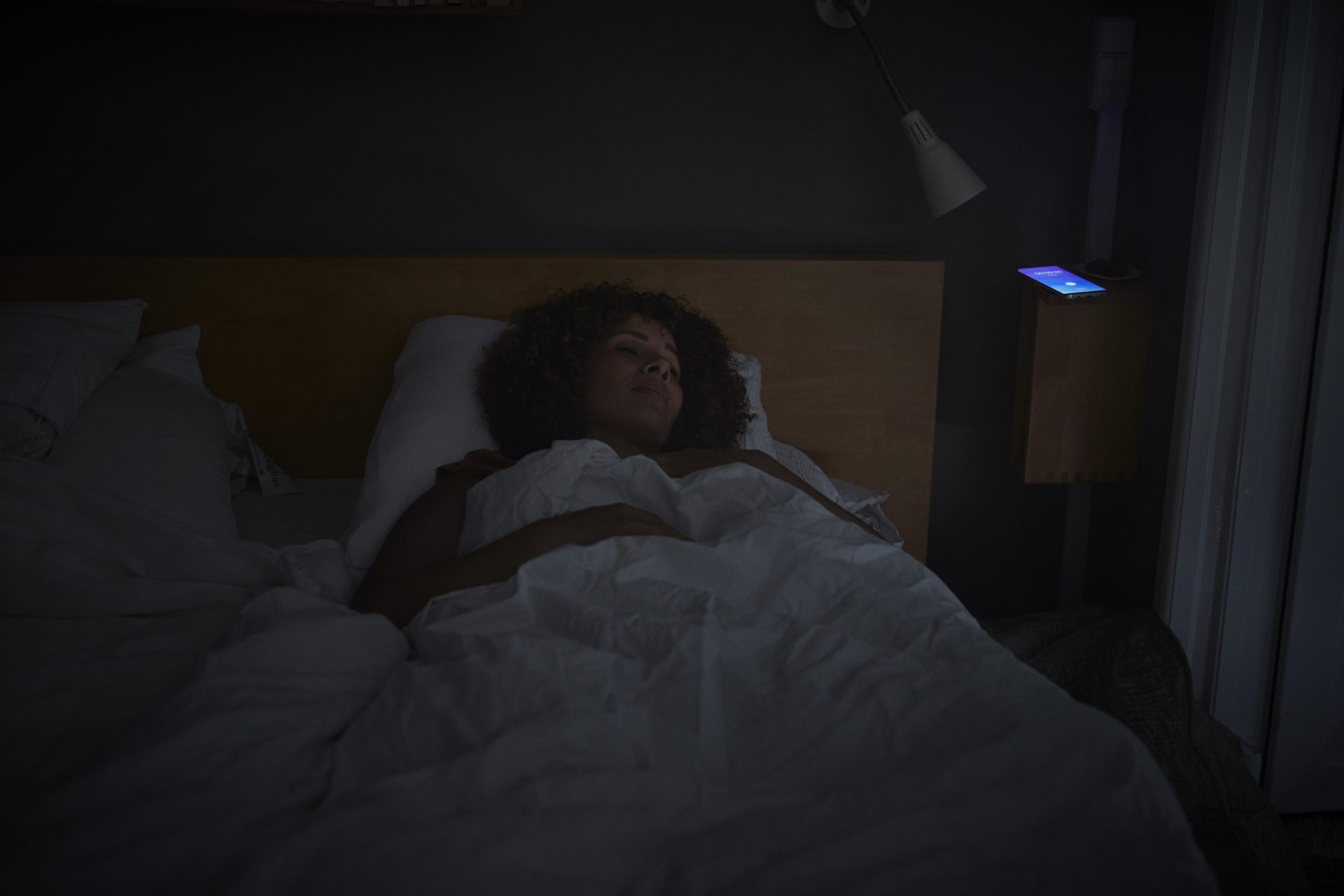Think you’re being ultra-productive by waking up at the crack of dawn? Unless you’re going to bed well before midnight, you might be doing more harm than good.
We all know that seven-to-nine hours’ kip is the optimal amount of sleep we should be aiming for on a nightly basis. That’s how much you need to feel properly rested, to recover from exercise and to allow the gut to digest what you’ve eaten. But we all know someone (or perhaps we are that person) who claims to need far less sleep.
Now, a major study has found that there is such a thing as ‘too little sleep’ – even if we feel fine. Scientists have found that five hours is the absolute minimum amount of rest you can get away with – any less and there is an associated risk of health problems.
The PLOS Medicine study has been tracking the health and sleep of around 8,000 UK civil servants. Over 25 years, they’ve been clocking their hours of sleep while being checked for chronic conditions like diabetes, cancer and heart disease.
You may also like
The surprising impact a pillow can have on your sleep – and how to pick the right one for you
Researchers have found that those who slept for five hours or fewer had a 30% greater chance of living with chronic health issues by the age of 50, compared to those who slept for seven hours.
Now, there are any number of reasons why someone might not get much sleep over a long period. Parents might be kept awake by crying babies and errant teenagers; menopause makes it harder to find a comfortable temperature, and poor health can interrupt rest.
Sleeplessness is also a problem that’s on the rise in general: 36% of UK adults report already struggling to get to sleep at least once a week, and that figure is only set to increase with things like the cost of living crisis and financial stress rising.

But this is yet more proof that we should take action to safeguard the time we spend in bed – whether that’s shutting pets out, opening the windows to make the room cooler, or changing what we eat and when we eat our last meal.
Getting too much and not enough sleep have previously linked to mental health problems and “worse cognitive performance”, with a Cambridge study finding that consistency matters more than length of sleep. But this newer, longer piece of research makes the case that there are limits. So while getting six hours’ kip every single night might be better than sleeping for nine, then four, then seven, it’s crystal clear that the very minimum you need to be aiming for every night is five hours.
Images: Getty
Source: Read Full Article
